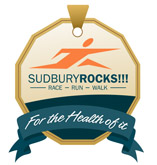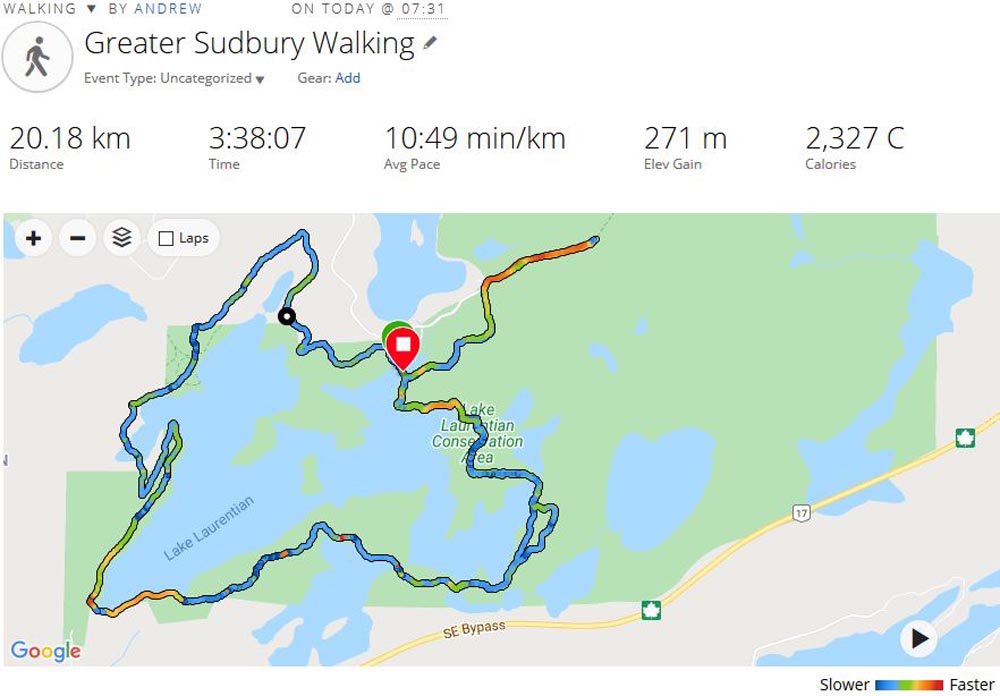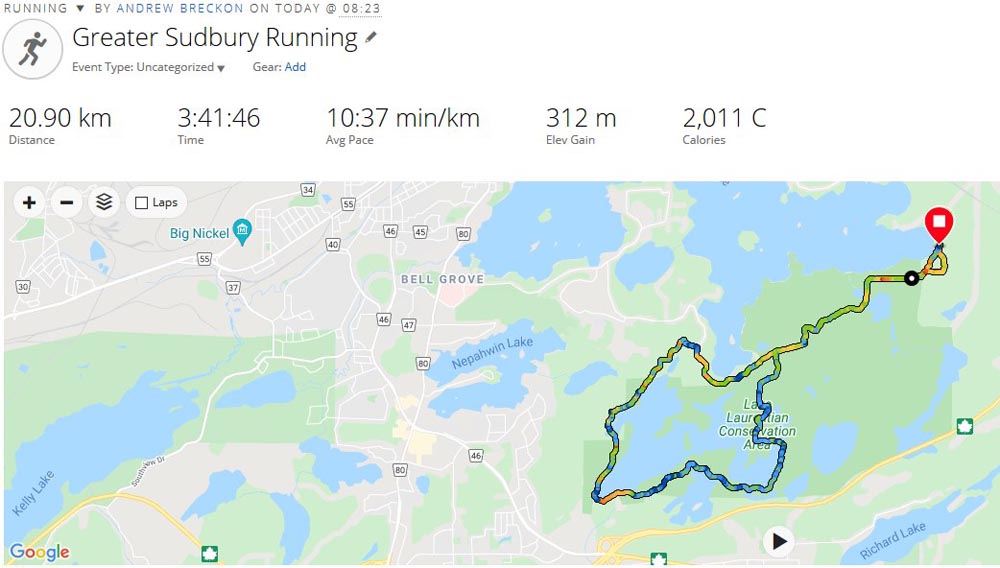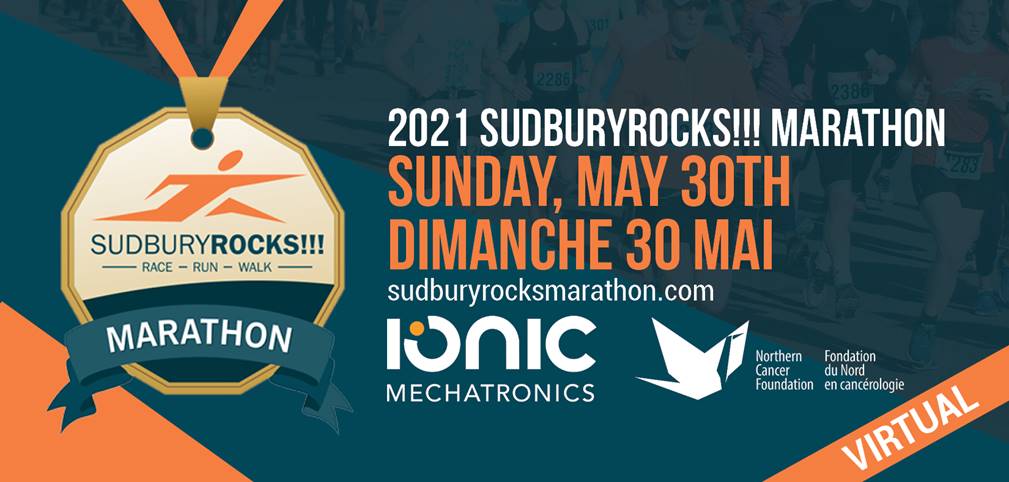Much like running itself,
hydrating is one of those things that should be simple.
(It’s the most natural thing in the world! You’ve
been doing it for years! Your body craves it!) But, unfortunately,
it’s not quite that easy.
“By the time you feel
thirsty, you’re already dehydrated,” says
Craig Horswill, Ph.D., clinical associate professor of
kinesiology and nutrition at the University of Illinois
at Chicago. “But that doesn’t mean you should
drink random, ungodly amounts of water. In fact, it’s
probably better to be a little under-hydrated than over-hydrated.”
That’s because the
consequences of over-hydration are severe (read: death),
and it’s important to note that everyone requires
different amounts of water based on their personal physiology,
and even the time of year/day that they’re running.
(Here, Horswill explains how to determine the right amount
of water for your needs.)
Still, dehydration is not
exactly ideal, either. You’re looking at compromised
performance, feelings of fatigue, and a generally crappy
run.
Greg Grosicki, Ph.D., an
assistant professor and director of the exercise physiology
laboratory at Georgia Southern University notes that severe
dehydration can have major consequences, too, including
death in extreme cases (losing 10 to 15 percent of your
body weight) and passing out. Grosicki points out that
Sarah True collapsed at the 2019 Ironman European Championship
in Germany. “She was winning and fainted just before
crossing the finish line,” he says. (It was 100
degrees that day.)
You might even be dehydrated
without knowing it: A European Journal of Sport Science
study shows that 91 percent of pro basketball, volleyball,
handball, and soccer players start practice dehydrated.
(Here’s how to tell when you are dangerously dehydrated.)
So what can you do? Don’t
go crazy with the H20 (“You don’t need an
aggressive hydration strategy if you’re exercising
for less than an hour,” Grosicki says), but do look
out for these dehydration symptoms (especially when it’s
hot out!) to have your best run possible.
Dehydration Symptoms:
You have a headache.
“Dehydration seems to provoke a shrinking of cells
in the brain, so a headache is a hallmark sign of dehydration,”
Grosicki says. That’s likely why you get a dull
ache in your head during long, hard efforts on hot days
or after a few too many postrace celebration beers. Try
drinking some water before popping an Advil, or adding
in your favorite hydration mix to help your body replenish
fluids.
You’re not as sharp
as usual.
Dehydration compromises your focus, executive function,
and motor coordination, according to a Medicine &
Science in Sports & Exercise review of 33 studies
on the topic. We can only speculate as to why, but Grosicki
says this could have something to do with the same shrinking
brain cells causing your headache.
Your pee is dark.
You’ve probably heard this one since grade school,
but it’s true: “When you’re dehydrated,
your kidneys try to reabsorb that water back into your
body, resulting in darker, highly concentrated urine with
a very low volume of fluid,” Grosicki says.
Your easy run feels hard.
Your usual, steady pace may suddenly feel like a struggle.
“A loss in fluid volume alters the concentration
of your blood volume, so your heart needs to work harder
to provide your muscles with the oxygen and nutrients
they need,” Grosicki says.
This means your heart rate will increase in order to keep
your usual pace, too, so keep an eye on your fitness tracker
if you have one. “You can be running at your usual
pace, but your heart rate will be 10 to 15 beats higher,”
Horswill says. “Same work, same person, same environment—just
lack of fluid in the bloodstream.”
You’re cramping up.
“A loss in fluid changes your body’s concentration
of electrolytes, like sodium and potassium, which are
responsible for muscle contractions,” Grosicki says.
“If you disrupt your body’s electrolyte balance,
your muscles may contract and cause cramps.”
You feel tired.
Even mild dehydration can make you want to take a nap.
“Core temperature is elevated with dehydration,
which can affect the brain and induce fatigue,”
Horswill says. “There’s also greater strain
on the cardiovascular system—indicated by the elevated
heart rate—so if dehydration worsens, the heart
will have a reduced ability to deliver oxygen,”
which—you guessed it—makes you feel tired.
KIERA CARTER
KIERA CARTER HAS A DECADE'S WORTH OF EXPERIENCE COVERING
FITNESS, HEALTH, AND LIFESTYLE TOPICS FOR NATIONAL MAGAZINES
AND WEBSITES.
|










219.jpg)















































